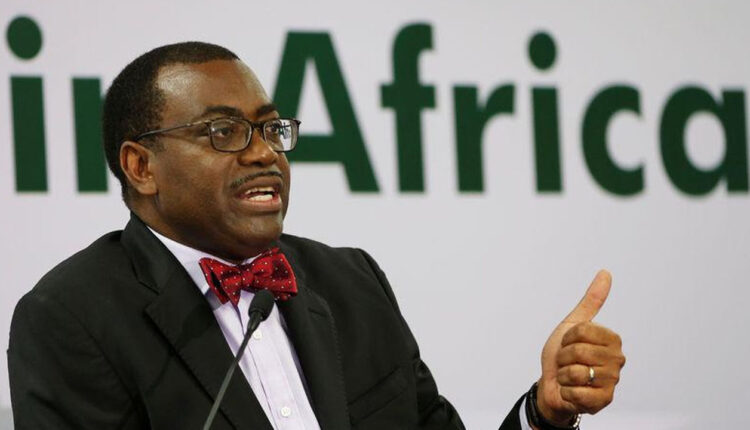The African Development Bank (AfDB) and partners have launched a $520 million Special Agro-Industrial Processing Zones(SAPZ) programme to transform Nigeria’s agriculture.
This move has been necessitated by AfDB’s commitment to ending hunger by achieving food security.
The president of the African Development Bank(ADB), Dr. Akinwumi Adesina, said the latest Global Hunger Index (2022) ranked Nigeria 103rd among 121 countries facing hunger crisis in the world, a report which he finds very worrying.
He thanked the Japanese International Development Agency (JICA) for co-financing the project with an additional $110 million and called for “greater action to avert a food crisis in Nigeria.
Speaking on the project he explained the SAPZ are new economic zones located in rural areas.
These areas will be fully supported by infrastructure in the form of power, water, roads and logistics amongst others that will allow food and agribusiness companies to locate within such zones.
The exercise will bring together farmers in production catchment areas, provide market offtakes for farmers, and support processing and value addition in order to reduce food losses.
It stated that it would also allow the emergence of highly competitive food and agricultural value chains.
The president of Nigeria, Muhammadu Buhari, in a speech delivered on his behalf by vice president Professor Yemi Osinbajo lauded the initiative.
He said, “if the Special Agro-industrial Processing Zones program delivers on its objectives, then we would in less than a decade have dealt with a fatal blow to food insecurity, create millions of good paying agro-industrial jobs and opportunities and radically improve export earnings from agriculture.”
The launching ceremony, held in the capital of Abuja, kick-starts the implementation of phase one of the SAPZ program in eight states across the country.
During this period, the African Development Bank will provide funding of $210 million, while the Islamic Development Bank and the International Fund for Agricultural Development (IFAD) will jointly provide $310 million.
The Nigerian government is also contributing $18.05 million towards the project.
- Chocolate Scorecard: Farmer Poverty Lingers Amid Chocolate Industry Profit Boom - March 26, 2024
- IWD2024: ITC, Dutch Embassy Celebrate Women in Cocoa - March 11, 2024
- AfDB Launches $520M Agro-Industrial Processing Zone In Nigeria - November 3, 2022
